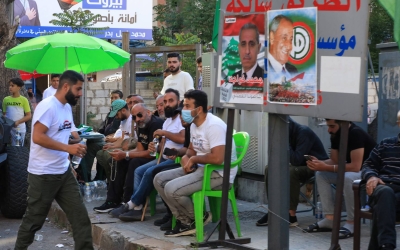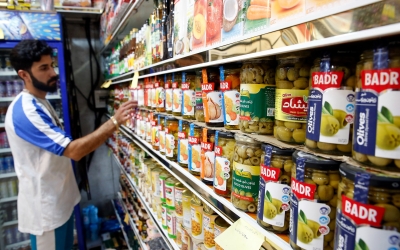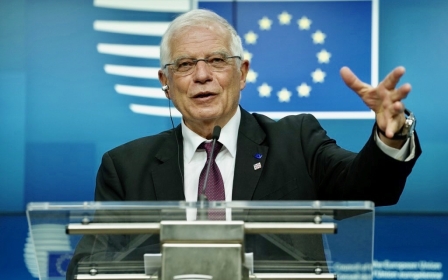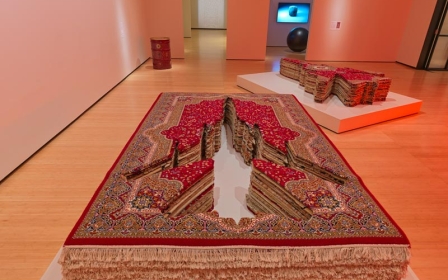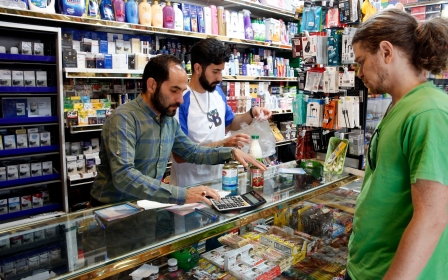Iranian press review: Conservatives claim Hezbollah won Lebanon’s election
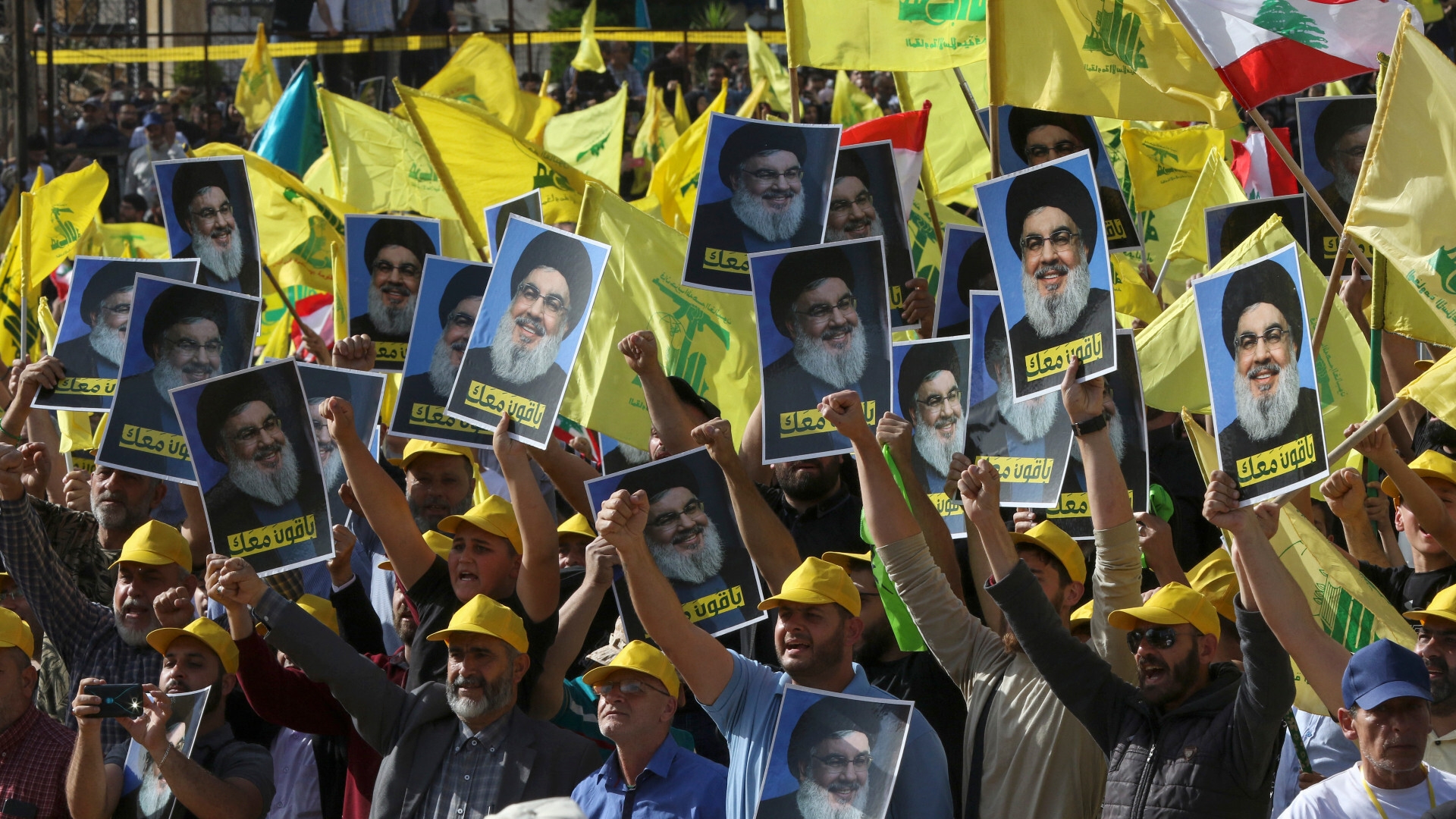
Conservatives say Hezbollah won elections
Iranian government media have claimed that pro-Iran Hezbollah was victorious in Lebanon's parliamentary elections, despite official results showing the opposite.
According to the results announced by Lebanon's interior ministry on Monday, Hezbollah and its allies lost their majority in parliament, dropping from 71 to 62 seats, while their opponents and independent candidates secured 66 seats.
Kayhan daily, which is close to the office of Iran's supreme leader, wrote that "the resistance movement”, a term for pro-Iran Shia groups across the Middle East, “won the majority of votes and became the decisive winner of Lebanon's elections".
"For over three years, millions of dollars were spent by the Saudi-American-Israeli allies for propaganda against the movement, but Hezbollah won over 365,000 votes in the elections, which is the highest among the other political groups," Kayhan added.
Javan daily, affiliated with Iran's Islamic Revolutionary Guard Corps (IRGC), also hailed the result of the elections as a victory against Israel.
While Javan admitted that Hezbollah and its allies won three seats less than in the 2018 elections, it added that the new independent legislators entering parliament were not hostile towards Hezbollah.
The daily also claimed that months before the elections, the US, Saudi Arabia and the United Arab Emirates spent over $40m to secure victory for anti-Hezbollah groups.
Prices continue to increase
The prices of food and basic goods have continued to spiral in Iran, local media reported, despite the authorities claiming the contrary.
Following last week's five-fold surge in the price of flour, the prices of other goods such as red meat, eggs and dairy products sharply increased in Iranian cities, Khorasan daily reported.
According to the paper, the price of one kilo of yoghurt increased from 200,000 Iranian rials (about $5) to around 300,000 rials ($8) in central Tehran.
Last week, a pack of 30 eggs cost about 430,000 rials ($10), but this week the same pack was sold for between 700,000 and 1,000,000 rials ($17 to $24). Likewise, the price of red meat saw a 30 percent increase.
Chicken is reportedly the only product which costs roughly the same, but only because its price spiked in April.
The increase in prices began in Iran after President Ebrahim Raisi announced plans for "economic surgery", followed by a cut in subsidies for flour.
Since 2018 and the US imposition of harsh sanctions, Iran has faced a severe economic crisis. Official data put the country's latest monthly inflation rate at 39.2 percent.
Tehran and Havana oil-for-grain programme
Iran and Cuba are working on a new trading system to exchange oil for grain, Iran's foreign ministry said, as both countries suffer from harsh US sanctions.
Mehdi Safari, an Iranian deputy foreign minister, said that the two countries would expand ties to meet the basic needs of their populations, adding that Cuba was a suitable Latin American market for Iran.
"Plans for barter trade with Cuba are being seriously pursued, and we will thoroughly supply our grain needs in return for oil exports," he was quoted as saying.
Safari did not provide details on how Iran would export oil to the Caribbean country, given Washington has placed an international ban on Iranian oil, gas and petrochemical exports.
In May 2020, Iran sent five tankers with over 1.5 million litres of petrol to Venezuela, attempting to bypass US sanctions. But the exports to Caracas stopped after the US seized the cargo of other tankers heading from Iran to Venezuela.
In recent years, Iran and Cuba have publicised several plans to boost economic ties and establish bilateral collaboration - including developing a joint Covid-19 vaccine - but so far none have come to fruition.
Middle East Eye delivers independent and unrivalled coverage and analysis of the Middle East, North Africa and beyond. To learn more about republishing this content and the associated fees, please fill out this form. More about MEE can be found here.


